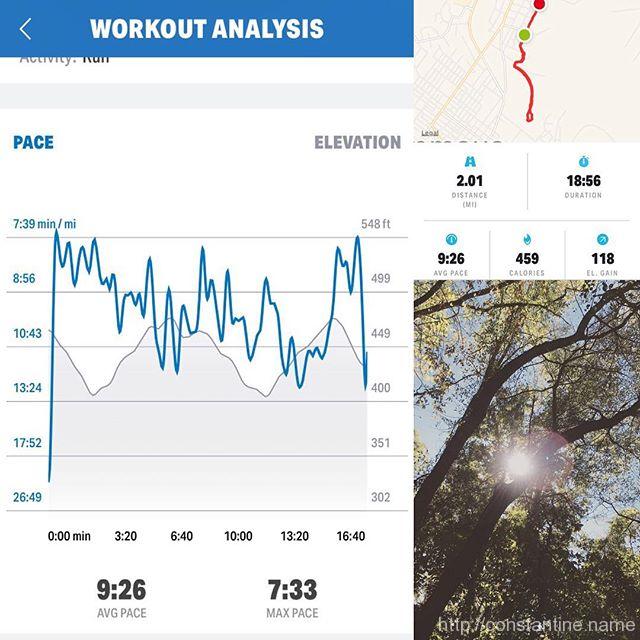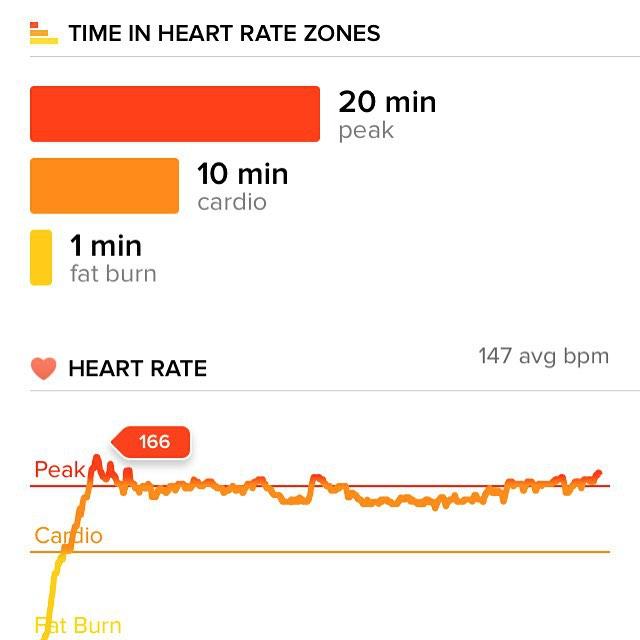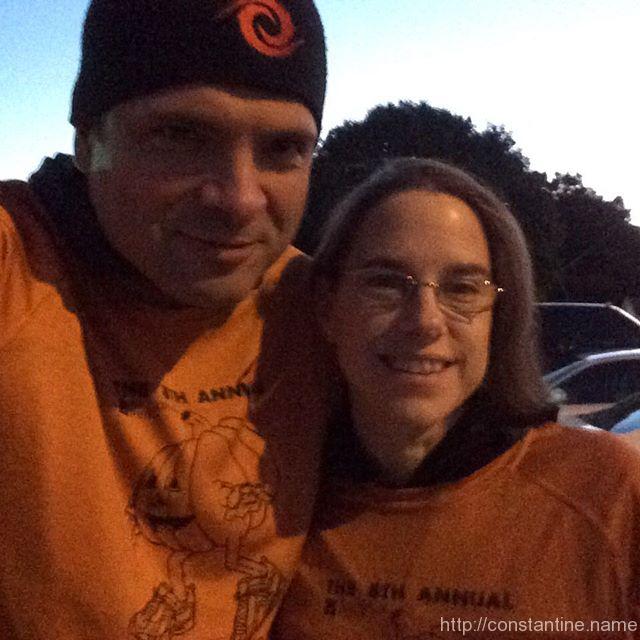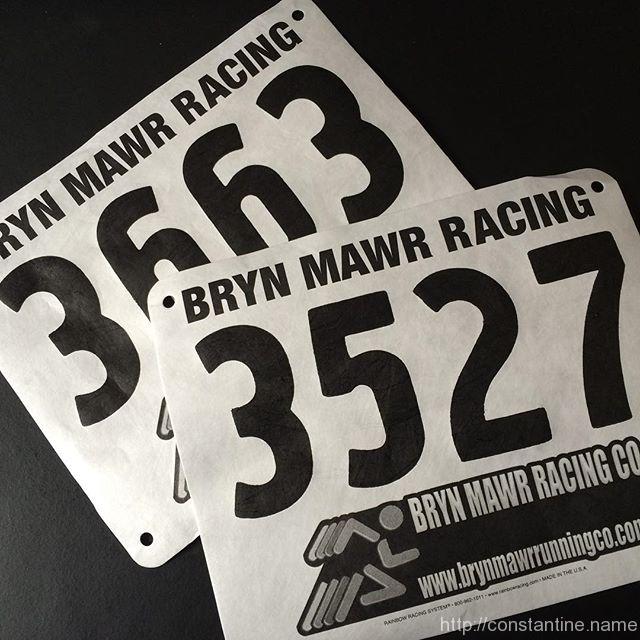Here’s an interesting way to use Morse Code to generate running intervals. It’s complex enough to generate infinite variety, but simple enough to generate a workout quickly.
“Running” Morse Code…
The dot duration is the basic unit of time measurement in Morse code transmission.
Select a corresponding amount of running time for the basic unit; Let’s say a “dot” will be 10 seconds of running.
The duration of a dash is three times the duration of a dot.
…so we’ll be running 30 seconds for each “dash” in Morse Code.
The letters within a word are separated by a space of duration equal to three dots,
…so we’ll have 30 seconds of walking between each letter.
and the words are separated by a space equal to seven dots.
…so 70 seconds of walking between each word.
…from Basics of Morse Code, https://en.wikipedia.org/wiki/Morse_code
Finally, you need a handy Morse Code converter, such as moresecode.world. (No relationship to me.)
Build a running sequence like this…
Grab a word, phrase, whatever you want to try “running”. For example, “I AM SLOW”, in Morse Code, is:
.. / .- -- / ... .-.. --- .--
The word “I”, one letter, is simply two dots, ..
…two dots at 10 seconds each, that’s 20 seconds of running for the letter, “i”.
For the space between the words, 70 seconds of walking.
“AM” is, two letters, .- --
…dot-dash is 10+30, so 40 seconds of running
…space between letters is 30 seconds of walking
…dash-dash is, 30+30, so 60 seconds of running
Another space between words, 70 seconds of walking.
“SLOW” is four letters, ... .-.. --- .--
run 30 (S = 10+10+10)
walk 30 between letters
run 60 (L = 10+30+10+10)
walk 30
run 90 (O = 30+30+30)
walk 30
run 70 (W = 10+30+30)
…or more simply, the whole running sequence can be written:
20 / 40 60 / 30 60 90 70
You get a 70-second walking break at the “/” between words, and the 30-second walks between letters at 40-60, 30-60, 60-90 and 90-70.
More examples…
“Mississippi” leads to:
-- .. ... ... .. ... ... .. .--. .--. ..
60 20 30 30 20 30 30 20 80 80 20
(with a 30 second walk between each of those letters)
“run faster” is:
.-. ..- -. / ..-. .- ... - . .-.
50 50 40 / 60 40 30 30 10 50
…and “movers mindset” is:
-- --- ...- . .-. ... / -- .. -. -.. ... . -
60 90 60 10 50 30 / 60 20 40 50 30 10 30
ɕ



